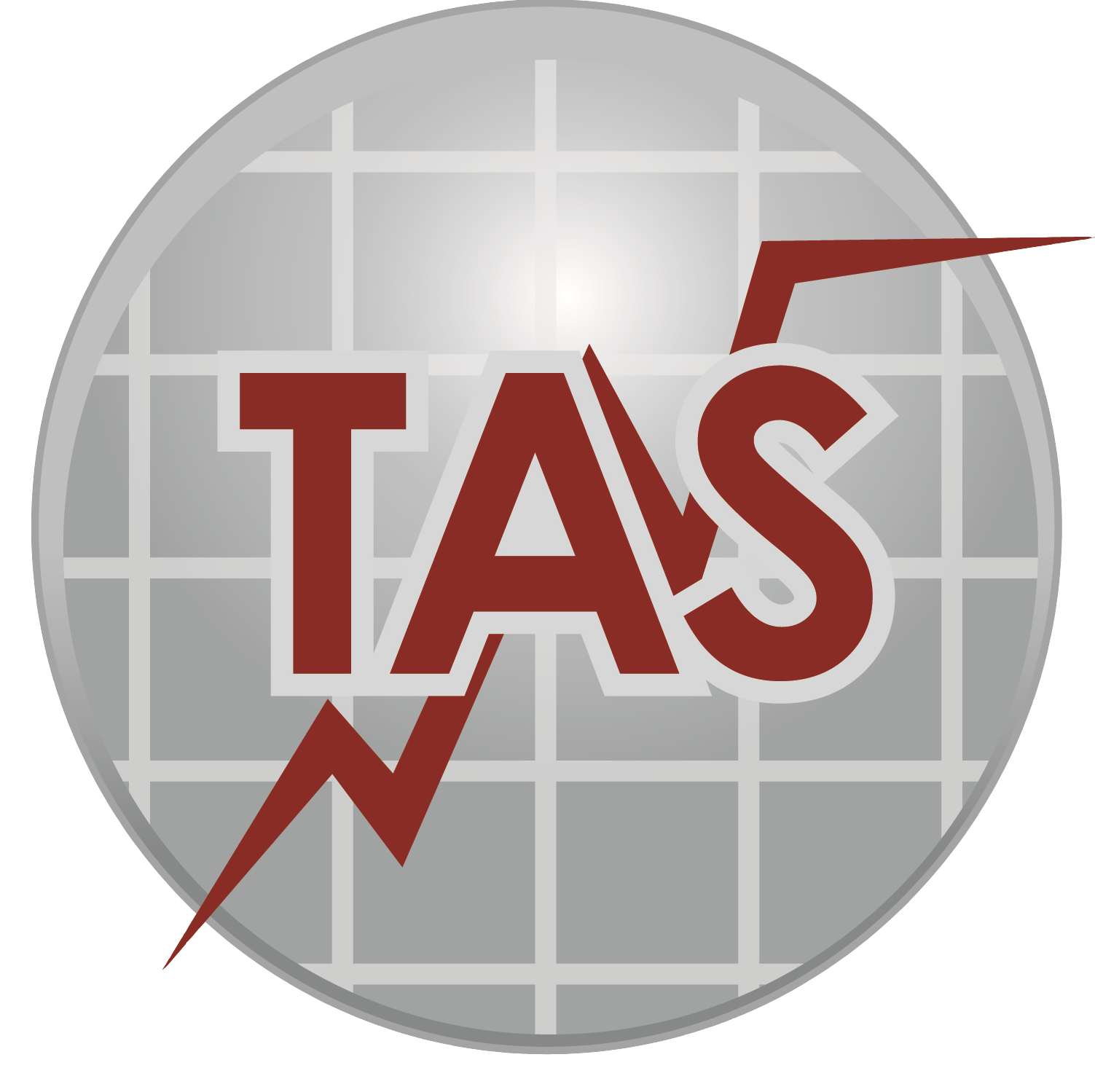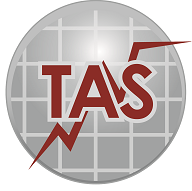TAS Accountancy
Accounting Tips for Physiotherapists, Chiropractors & Dietitians
As a healthcare professional, your priority is patient care—not spreadsheets and tax returns.
Yet, managing finances effectively is crucial for a thriving practice.
Whether you're a Physiotherapist, Chiropractor, or Dietitian, poor accounting can lead to cash flow problems, tax penalties, or missed deductions.
In this guide, I’ll break down the key financial pain points for private practitioners and share practical solutions to save time, reduce tax, and stay compliant.
1. Understanding Your Tax Obligations
Self-Assessment & Income Tax
If you’re Self-employed or a Sole trader, you must file a Self-Assessment tax return on or before 31 January each year, following the end of the tax year on 5 April.
Key deadlines:
5 October: Register for Self-Assessment (if new).
31 January: Submission of Self-Assessment Tax Return and Tax payment + next year’s 1st
payment on account.
31 July: 2nd payment on account.
Pro Tip: Set aside 20-30% of earnings for tax to avoid year-end shocks.
VAT Rules for Healthcare Professionals:
Most physiotherapy, chiropractic, and dietitian services are VAT-exempt.
However, selling products (e.g., supplements, braces, books)? These are standard-rated (20% VAT).
You must register for VAT only if your taxable turnover exceeds £90,000 in a 12-month period. Turnover should be monitored on a rolling 12-month basis.
Watch Out: Mixing exempt and taxable services complicates VAT returns—get specialist advice.
2. Claiming Allowable Expenses (Maximise Deductions!)
You can reduce taxable profit by claiming legitimate business expenses, such as:
Professional Fees
- HCPC registration, CSP/British Chiropractic Association (BCA) memberships.
- Professional Indemnity insurance.
Clinic Costs
- Rent, utilities, cleaning, and maintenance.
- Home office deduction (if admin work is done from home).
Equipment & Supplies (These are Capital Expenditure, different tax rules applies.)
- Treatment tables, resistance bands, diagnostic tools.
- Laptops, software (accounting, booking systems).
Marketing & Professional Development
- Website hosting, Google Ads, flyers.
- CPD courses, conferences, journals.
Travel Expenses
- Mileage (45p/mile for first 10,000 miles, then 25p).
- Train fares, parking (if visiting patients or clinics).
3. Managing Cash Flow & Invoicing
Late Payments Hurt Your Business
Many practitioners struggle with:
- Insurance companies delaying reimbursements.
- Private clients forgetting to pay.
Solutions:
- Use automated invoicing
- Charge upfront deposits for initial consultations.
- To streamline your payments and improve cash flow, we recommend using credit cards for settling invoices. Benefits include:
✔ Convenience – Pay instantly without manual transfers.
✔ Flexibility – Align payments with your card’s billing cycle.
✔ Rewards/Cashback – Earn points or benefits on accounting fees.
✔ Automated Record-Keeping – Simplify expense tracking.
IR35 & Locum Work Risks
If you work through agencies or NHS locum roles, check if IR35 applies. Misclassification can mean higher tax + penalties.
Action Step: Get an IR35 contract review from an accountant.
4. Choosing the Right Accounting Software
Ditch the spreadsheets! There are much better solutions in the market to effectively control your finances.
5. Pension & Retirement Planning
Many healthcare professionals neglect pensions, but:
- NHS Pension Scheme (if applicable) is tax-efficient.
- Private pensions (SIPP) offer additional tax relief.
Rule of Thumb: Contribute at least 5-10% of earnings to avoid reliance on the State Pension.
Final Tip: Work With a Specialist Accountant
A general accountant may not understand:
- VAT exemptions for healthcare services.
- IR35 implications for locum work.
- Industry-specific deductions (e.g., CSP fees, clinic equipment).
Look for:
- An accountant experienced with physios, chiropractors, and dietitians.
- One who uses cloud based accounting solutions (saves you time and money).
Need Help?
If you’re a physio, chiro, or dietitian struggling with tax, cash flow, or compliance, book a free consultation with our specialist healthcare accounting team. Let’s take the stress out of your finances—so you can focus on patient care!
Book 30 minutes free consultation:
Website: https://taxherapy.com
Key Takeaways
✔ Track expenses meticulously—claim every allowable deduction.
✔ Use bookkeeping software to stay in control.
✔ Plan for tax early—avoid January panic.
✔ Get specialist advice—healthcare accounting has unique rules.
By staying organised and proactive, you can minimise tax, maximise profits, and spend more time doing what you love—helping patients!
#Physiotherapy #HCPC #FitnessToPractise #FinancialCompliance #PrivatePractice #Dietitian #Chriopractor #Chriopractic





